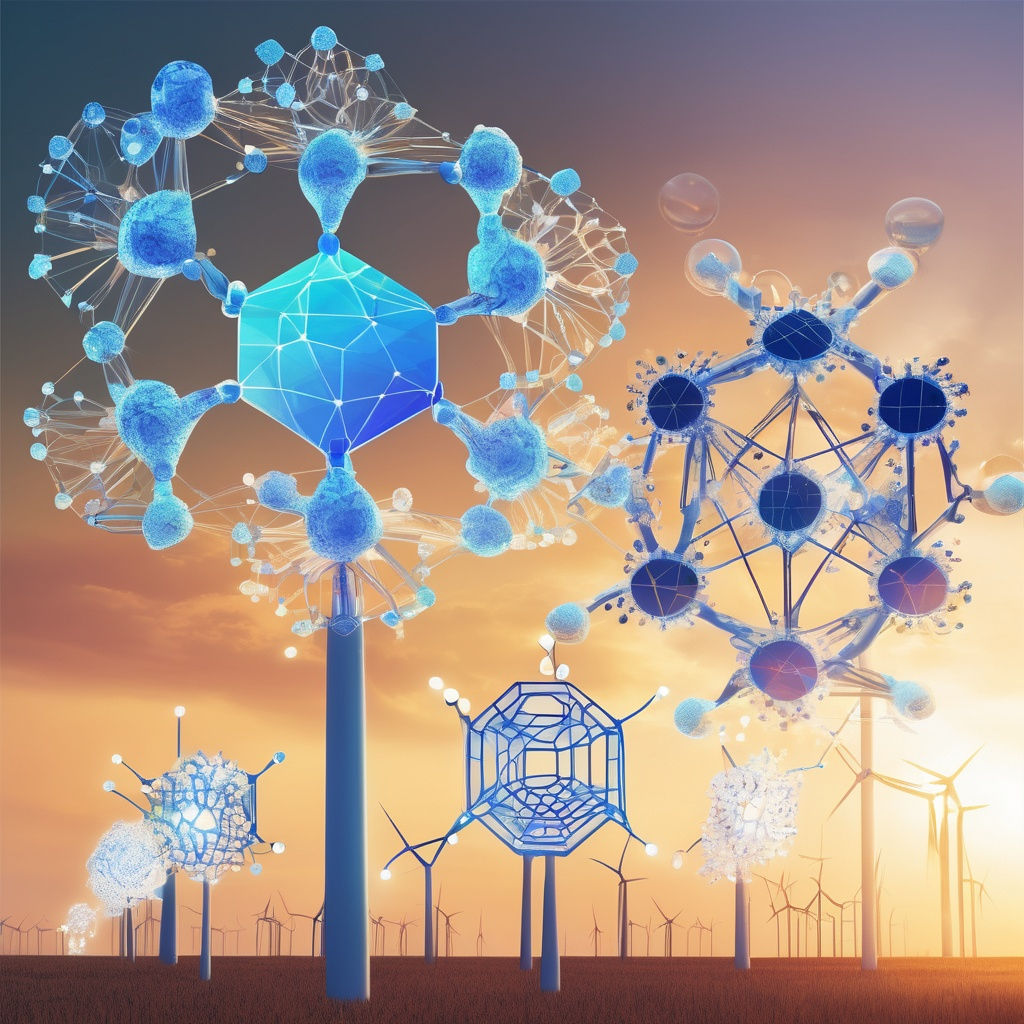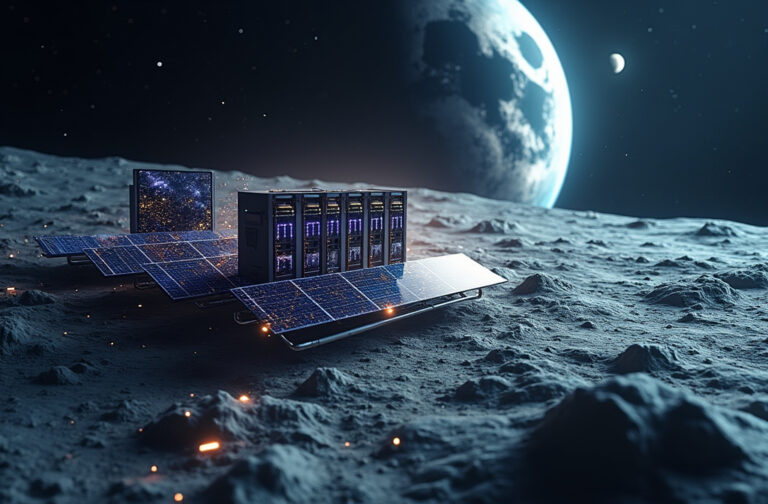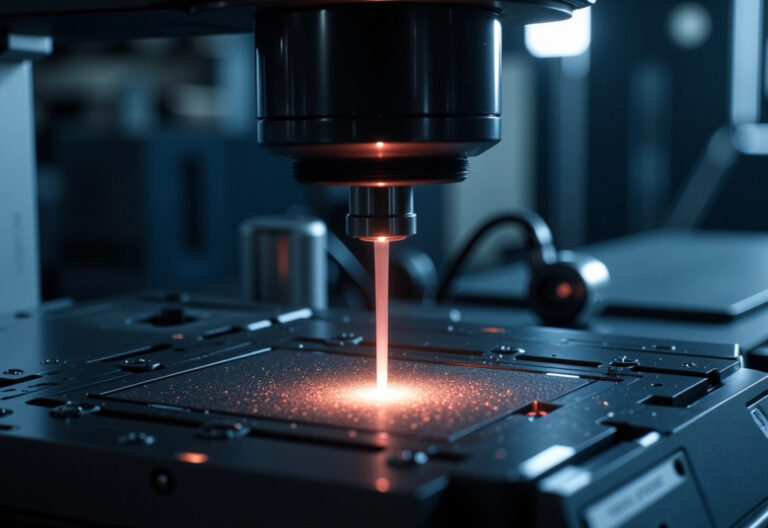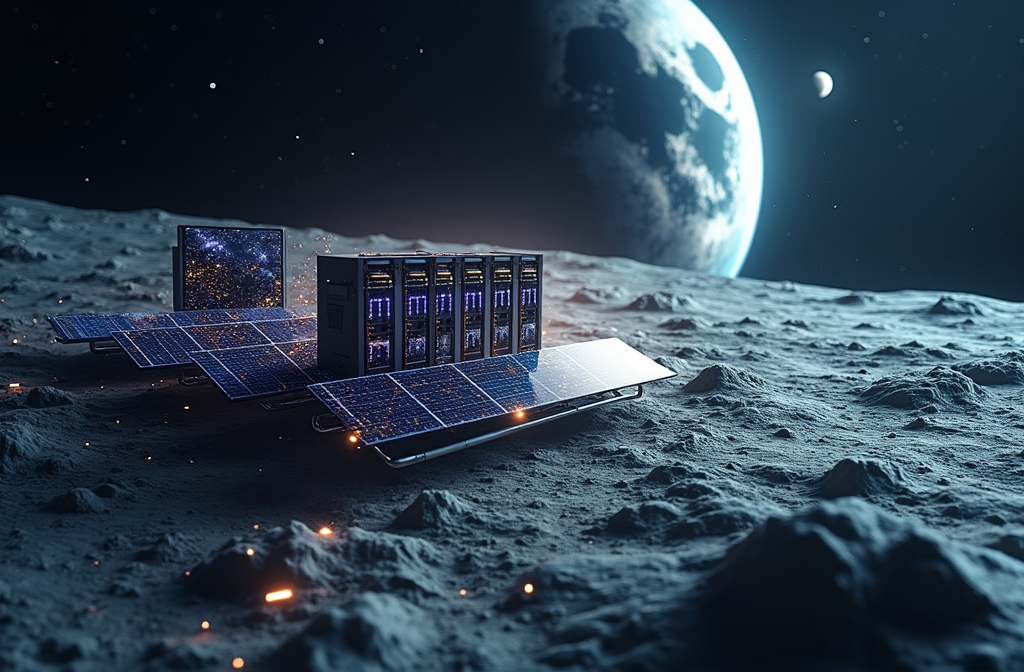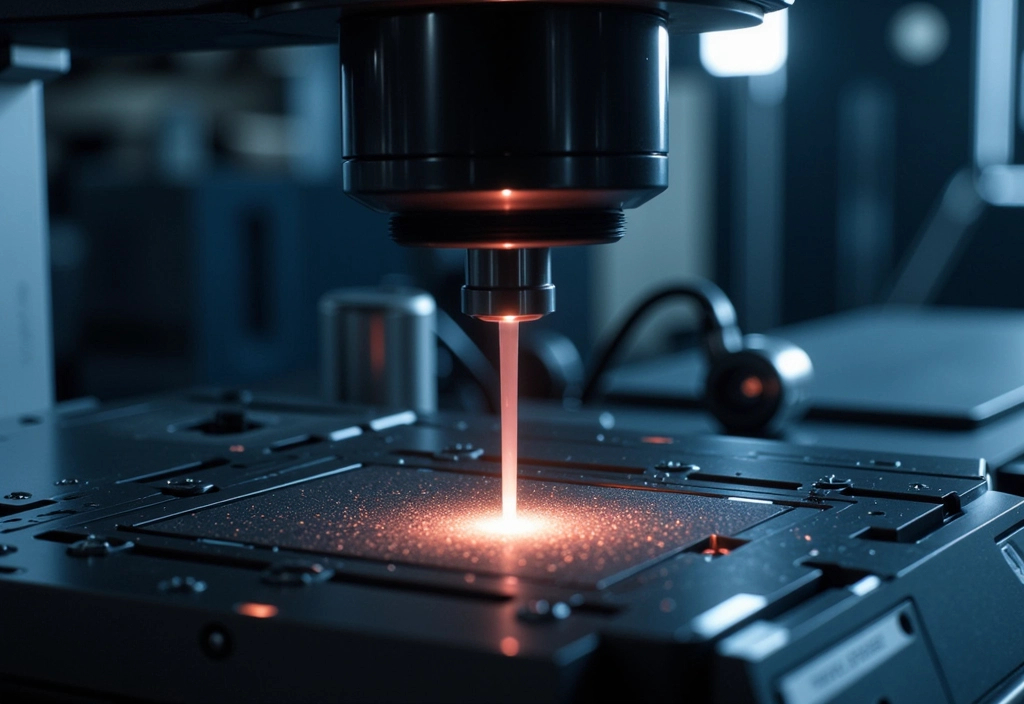Introduction
Imagine you’re searching for the perfect recipe to make an awesome cake, but there are millions of combinations of ingredients to try. You’d never have enough time to test them all. AI, like DeepMind, is like a super-smart chef who quickly figures out the best combinations by learning from other recipes and testing virtual ones in its “brain.” Instead of cakes, it’s finding new materials that can be used in technology to make better batteries, solar panels, and other cool things for the environment.
The Intersection of AI and Material Science
The marriage between artificial intelligence and material science is not just a fleeting trend; it represents a pivotal shift in how we conduct research and solve complex challenges.
How AI is Transforming Material Discovery
AI technologies, especially machine learning algorithms, are adept at managing and interpreting vast quantities of data. This capability is particularly significant in material science, which requires analyzing complex chemical and physical properties to discover new materials.
- Data Management: AI can sift through massive datasets, extracting relevant patterns and insights that would take humans years to identify.
- Predictive Modeling: Machine learning models can predict the properties of compounds before they’re synthesized, saving time and resources.
- Accelerated Research: By automating routine tasks, researchers can dedicate more time to innovation and experimentation.
“AI is not just a tool for data analysis; it’s reshaping the very foundation of how we think about problem-solving in scientific research.” — Dr. Emily Chen, Materials Scientist
Google DeepMind‘s Ambitious Project
Google DeepMind’s latest project delves deep into the realm of materials, seeking to uncover unknown compounds with groundbreaking potential.
Objectives and Goals
DeepMind’s initiative is designed with several key objectives in mind:
- Discovery of Novel Compounds: Focused on identifying compounds that can push the boundaries of current technology.
- Sustainability: Exploring eco-friendly materials that could lead to more sustainable industrial practices.
- Interdisciplinary Collaboration: Encouraging collaboration among chemists, physicists, and AI specialists to foster a holistic approach.
The project heavily utilizes DeepMind’s advanced AI systems to predict molecular behaviors and interactions, a method that is already showing promising results.
Potential Impact Across Industries
The ramifications of this project are extensive, affecting numerous fields in unexpected ways.
Medicine and Healthcare
Imagine drugs tailor-made for individual patients, improving efficacy and reducing side effects. AI-driven material discovery could make personalized medicine a widespread reality.
- Drug Development: Faster identification of potential drug candidates and more efficient validation processes.
- Biocompatible Materials: Creation of materials that integrate seamlessly with human tissue, advancing prosthetics and implants.
Clean Energy Solutions
Sustainability is at the forefront of modern research initiatives, and Google DeepMind is no exception.
- Alternative Energy Sources: Development of materials for better solar panels and batteries, crucial for reducing our reliance on fossil fuels.
- Carbon Capture: Innovative compounds that can capture and convert CO2, aiding the fight against climate change.
The Road Ahead: Challenges and Considerations
Despite its vast potential, the project is not without challenges.
Data Limitations and Algorithm Bias
While AI can process immense datasets, the quality and representativeness of these datasets are critical. Ensuring algorithms are free of bias and that they are trained on comprehensive, unbiased data is essential for accurate predictions.
Ethical Considerations
With great power comes great responsibility. The ethical implications of deploying AI in such significant fields must be carefully managed to prevent misuse or unintended consequences.
Conclusion
Google DeepMind’s foray into the domain of material discovery illustrates an exciting step forward for both AI and material sciences. By bridging the gap between these disciplines, new avenues for innovation are opening up in areas from medicine to clean energy. As this journey progresses, one thing remains clear: the potential to transform our world lies not just in the discovery of new materials, but in the intelligent and ethical use of the technologies that uncover them.
Article derived from: Ssuh. (2023, November 28). Google DeepMind adds nearly 400,000 new compounds to Berkeley Lab’s materials project. Berkeley Lab News Center. https://newscenter.lbl.gov/2023/11/29/google-deepmind-new-compounds-materials-project/

